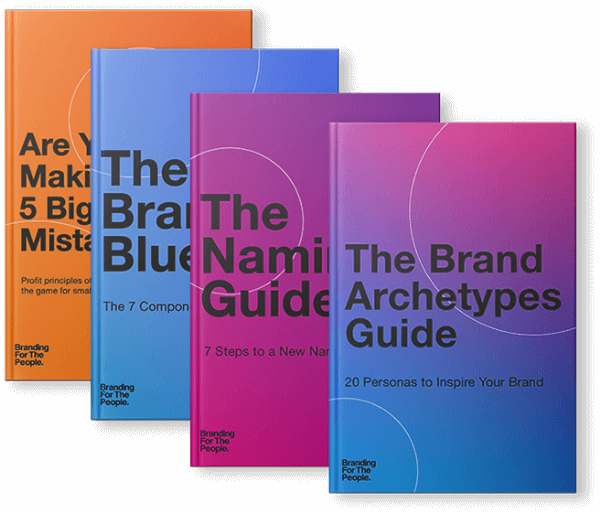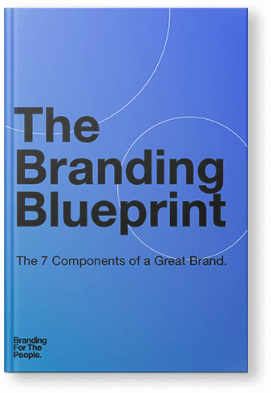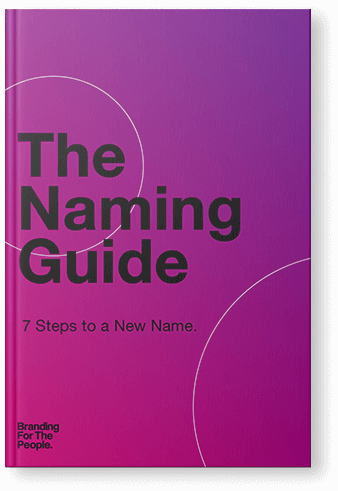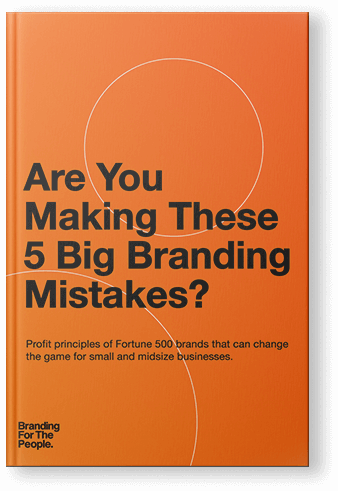What are the most important brand attributes?
What are branding attributes? What matters most to your customers? Most people would argue that to build a better brand you need to build a better product. It’s intuitive and logical. Everyone thinks they can tell a high quality product from a low-quality product, but in reality things are not always so obvious.
Does a Mercedes have less mechanical problems than a Hyundai? Are you sure?
Does Gucci make longer lasting clothes than Old Navy? Are you sure?
Does American have better service than Southwest? Are you sure?
Does Coke taste better than Pepsi? Are you sure?
The realities are as consumers we can’t really tell the difference. We can identify blatantly poor products, such as a shirt with stains or holes in it, but very few of us are connoisseurs of the products and services we buy. We associate the quality of a product or service with the perceived quality of the brand, and they are very different things.
Do you remember New Coke? Congratulations you’re old. So do we. We’re both old.
For those of you that don’t remember, “New” Coke was a new formula that Coca Cola introduced in the early 90’s. In blind taste tests people preferred “New” Coke to “Original” Coke at an almost 3 to 1 clip.
Blind Taste Test
New Coke – 55%
Original Coca Cola – 19%
No Difference – 29%
However, when consumers could see the brand names of what they were tasting, they had dramatically different preferences.
Branded Taste Test
New Coke – 13%
Original Coca Cola – 59%
No Difference – 28%
Interesting eh? People trust brand reputation over their own taste-buds.
Quality, or rather the perception of quality resides in the mind of the buyer. If you want to build a powerful brand you must build the perception of quality.
But how?
There are a few ways, but take specializing as an example. A specialist is perceived as a higher quality option than a generalist. Does a plumber know more about plumbing than a general contractor? Does a defense attorney know more about criminal law than a family lawyer? Does a cardiologist know more about the heart than a general practitioner?
Yet most companies want to be general practitioners so they can expand their market. You need to narrow your focus, not broaden it, in order to build perceived quality.
For example, would you buy a Google washing machine? Maybe. Google is a great company filled with a lot of smart people, but do they really know more about washing machines than say, Whirlpool? Why risk it when you already know you can already get a great washing machine from a more specialized brand?
There is nothing wrong with quality. We are just saying that it is assumed. We assume that when we turn the switch, the lights come on. We assume that when we push power, the TV turns on.
There is nothing wrong with quality and we recommend that you build quality into your products and services as much as you can afford to. But we also know that quality is the prerequisite, not the differentiator. Building a quality brand takes more than a quality product. You need to narrow your focus, be known for what you are best at, and charge a high price for this high quality service and/or product.
That’s how you build a market leading brand.







